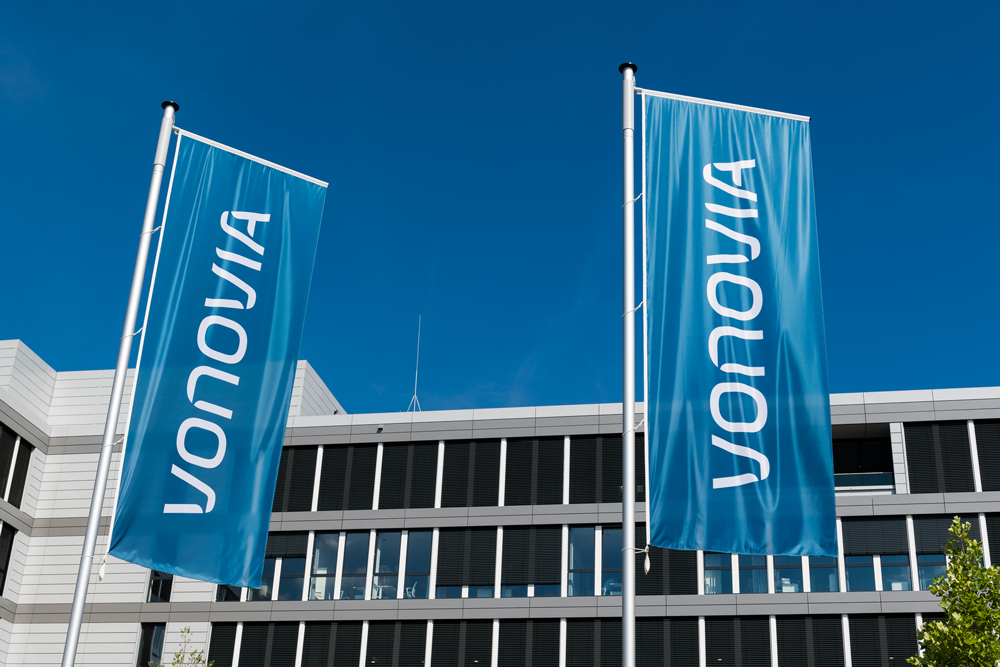Respect for Human Rights
The European legal framework in which Vonovia operates with its business model is strictly regulated and overseen in the markets in Germany, Austria and Sweden. This applies in particular to fundamentally enshrined human rights, to which Vonovia attaches great importance irrespective of the legal framework. Compliance with, and the fostering of, these rights is reflected in our ethos and mission statement.
We regularly scrutinize our guidelines and adapt them to reflect changing underlying conditions. As part of the process of integration of Deutsche Wohnen, we have scheduled an update of our corporate guidelines for the coming year.
Making reference to the National Action Plan (NAP) for human rights in Germany, the Management Board of Vonovia published a Declaration of Respect for Human Rights in 2020. In this statement, we communicate our clear conviction for a pluralistic democratic society and zero tolerance of human rights violations and our commitment to respect Human Rights in all aspects of our business. We adhere to the core labor standards of the International Labour Organization (ILO) and the principles of the UN Global Compact, which we committed to in 2020.
Vonovia develops and builds homes itself, in particular via the subsidiaries of its BUWOG brand. Compliance with labor and social standards on construction sites is a challenge from a risk/human rights perspective. This challenge is, however, mitigated by the fact that the company performs around one-third of its trade/construction activities in Germany itself via its own technical service. This lessens dependency on external construction companies and therefore this risk, as Vonovia is in a position to exclude service providers and suppliers that do not comply with labor law requirements.
Concrete cooperation with external partners and contractors is governed by Vonovia through its Business Partner Code, the general terms and conditions of purchasing, the general terms and conditions of Vonovia SE for building services, and individual contractual agreements within the scope of structured supplier management. As such, we ensure compliance with common European standards and regulations, as well as material sustainability criteria, in the area of procurement. The Business Partner Code must be signed prior to the conclusion of a contract. In this document, we set out, among other things, all material requirements necessary for compliance with human rights – from legal conformity and the fulfillment of legal standards for working conditions to an assurance of freedom of association and the exclusion of discrimination. It is updated regularly – most recently in the fourth quarter of 2021 – and applies for contractual relations in Germany and Austria. A corresponding separate Code is in place in Sweden. As part of the regular evaluation of our major suppliers and contractors via our partner portal, we ensure that the criteria stated in the Code are complied with. In the event of incidents and breaches, a structured management of measures is activated, which – once all other means have been exhausted – may result in blocks on orders and termination of contract. In Germany, contractual conclusion is preceded by an automatic check against EU sanctions lists, with the Compliance department informed immediately in the event of a hit. In Austria, the Procurement department reviews all new creditors and regularly reviews existing ones on a half-yearly basis as part of a compliance check that also includes an inspection of sanctions lists (via KSV1870).
In 2022, we will focus on preparation for implementation of the requirements of the Duty of Care in Supply Chains Act (LkSG), which will be applicable in Germany as of January 1, 2023. This process also includes the review of existing guidelines, codes and processes, e.g., the aforementioned Declaration of Respect for Human Rights. An additional benchmark here will be the applicability of the minimum safeguards criteria of the EU taxonomy.
We also use long-term cooperation in the spirit of partnership to build a close relationship of trust with our contractual partners. This is largely the responsibility of the procurement department and allows any misconduct to be addressed. The procurement department reports to the CFO division of the Management Board with the intention of ensuring a high degree of neutrality and compliance both internally and externally.



